Top Indian virologist quits government panel over differences
Shahid Jameel was the chair of the scientific advisory group of the forum known as INSACOG
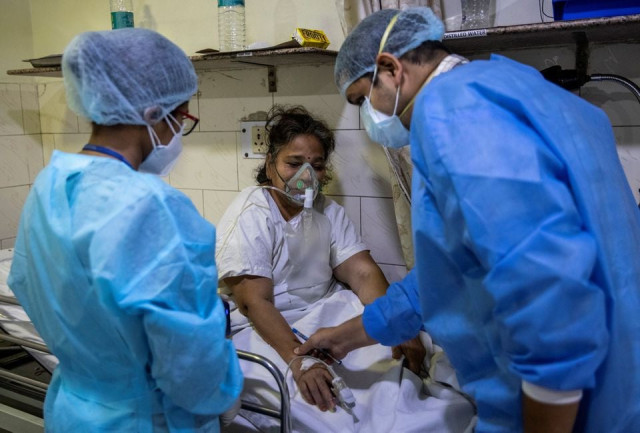
A top Indian virologist has resigned from a forum of scientific advisers set up by the government to detect variants of the coronavirus, he told Reuters on Sunday, weeks after questioning the authorities' handling of the pandemic.
Shahid Jameel, chair of the scientific advisory group of the forum known as INSACOG, declined to give a reason for his resignation.
"I am not obliged to give a reason," he said in a text message, adding that he quit on Friday.
Renu Swarup, the secretary of the Department of Biotechnology that oversees INSACOG, did not immediately respond to a request for comment. Health Minister Harsh Vardhan also did not immediately respond to a text message seeking comment.
Another INSACOG member said he was not aware of any direct disagreements between Jameel and the government.
A top government scientist who is part of the forum said, on the condition of anonymity, that he did not think the departure of Jameel would hamper INSACOG's monitoring of virus variants.
Reuters reported earlier this month that INSACOG, the Indian SARS-CoV-2 Genetics Consortium, warned government officials in early March of a new and more contagious variant of the coronavirus taking hold in the country. The variant, B.1.617, is one of the reasons India is currently battling the world's worst surge in COVID-19 cases.
Asked why the government did not respond more forcefully to the findings, for example by restricting large gatherings, Jameel had told Reuters that he was concerned that authorities were not paying enough attention to the evidence as they set policy.

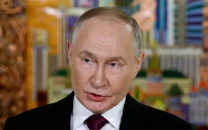
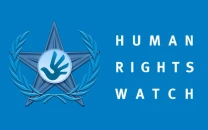
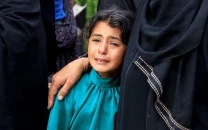
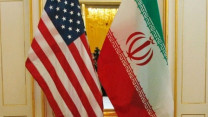
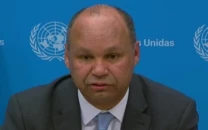
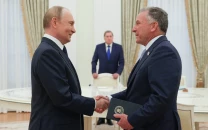












COMMENTS
Comments are moderated and generally will be posted if they are on-topic and not abusive.
For more information, please see our Comments FAQ